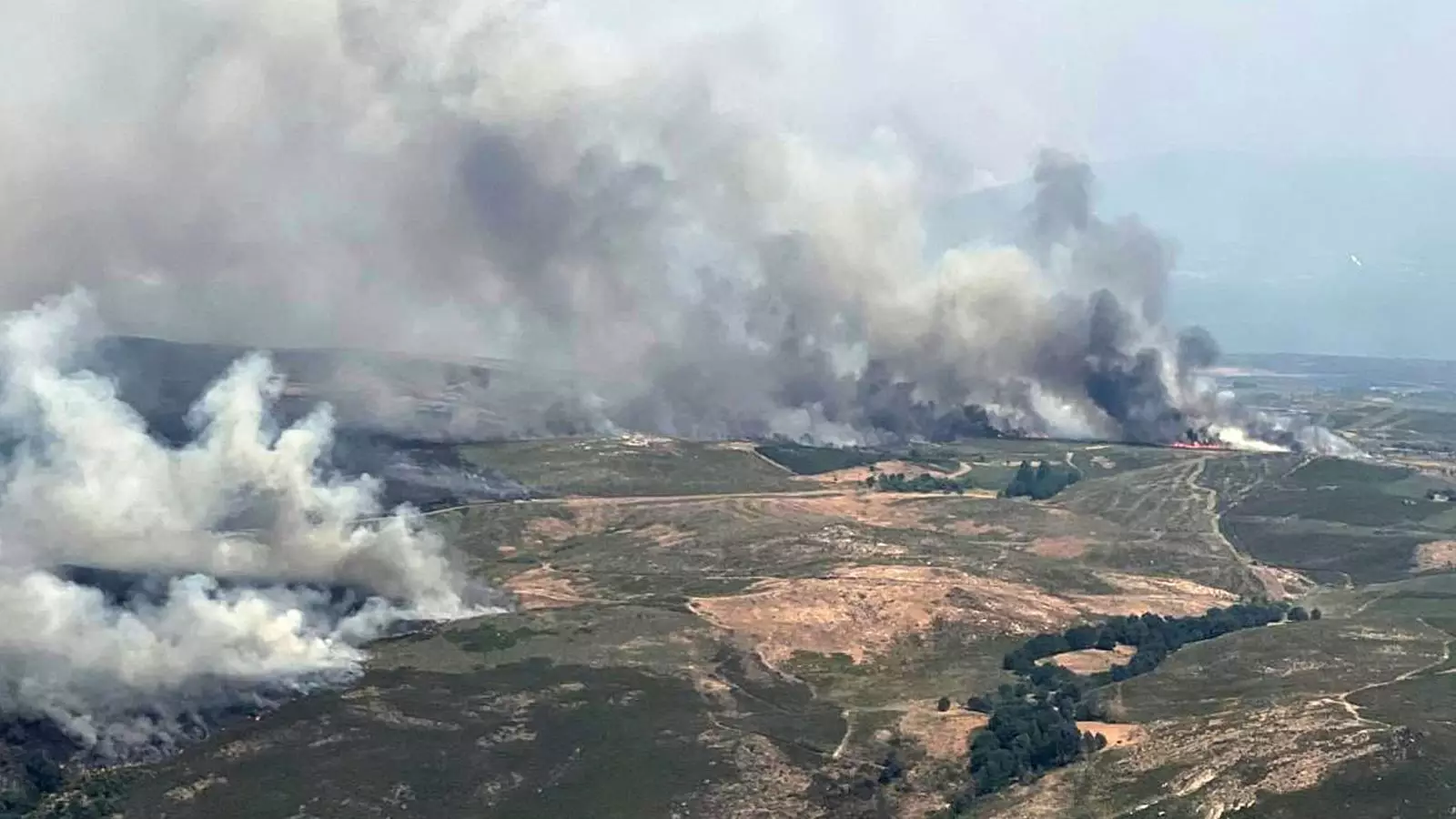The recent surge of wildfires across Spain and Portugal serves as a stark reminder of our environmental fragility. These infernos, which have claimed lives and devastated vast swathes of land, are not isolated acts of nature but manifestations of a brutal and increasingly unmanageable climate crisis. As flames consume forests and threaten communities, they reveal a troubling truth: climate change is no longer a distant threat—it is here, actively reshaping our world with deadly precision. For those of us with a centrist liberal perspective, recognizing this reality involves acknowledging the urgency without falling prey to despair or apathy. Yet, it also demands a critical reflection on how human actions have exacerbated natural vulnerabilities. Our dependence on fossil fuels, policies neglecting sustainable development, and the resistance to systemic change have all played a role in fueling these catastrophic events.
Atmospheric Reverberations and the Illusion of Innocence
The haze drifting over the UK, carrying smoke from distant wildfires and Sahara dust, underscores the interconnected nature of our planetary environment. While some dismiss these atmospheric phenomena as mere visual spectacles—enhanced sunsets and artistic sky paintings—they mask a deeper narrative of global imbalance. The scattering of light, producing vivid reds and oranges, is a byproduct of our ecological recklessness. It’s a sobering reminder that environmental disruptions in southern Europe do not stay confined; they ripple across borders, altering atmospheres, affecting weather patterns, and subtly transforming daily life. But too often, these impacts are viewed through a lens of aesthetic fascination rather than ecological consequence. As critical observers, we must reject this superficial perspective and understand that what occurs on the edges of our world—flickering sunsets or hazy skies—is tightly woven into the fabric of climate injustice.
Climate Change: An Uneven Burden on the Global South and the Middle Ground
The wildfires ravaging southern Europe mirror a broader, systemic issue: climate change disproportionately impacts regions least responsible for its crisis. Countries like Spain and Greece, historically less industrialized, now bear the brunt of climate-fueled disasters. Meanwhile, major emitters, often in the Global North, continue to benefit from policies that delay meaningful action. A centrist liberal stance calls for stewardship and fairness—recognizing that climate justice involves supporting vulnerable nations while also redressing domestic policies that prioritize short-term economic gains over long-term sustainability. It’s not enough to celebrate technological advances or climate agreements without critically assessing who bears the costs. Climate change is an ethical issue, demanding a balance of responsibility among nations and within societies. We cannot afford superficial compassion; real action requires fair distribution of burdens and resources.
The Path Forward: Critical Engagement and Systemic Change
The haze over the UK signifies more than a weather anomaly; it signals a moment of reckoning. The gradual, persistent shift of climate patterns demands policies rooted in pragmatic liberalism—incremental yet decisive reforms that prioritize sustainability and social equity. This is not about radical upheaval but about systemic change: transitioning away from fossil fuels, investing in renewable energy, and implementing adaptive infrastructure. Moreover, society must cultivate resilience and accountability, holding corporations and governments responsible for their contributions to environmental degradation. Yet, this requires critical self-awareness—an honest appraisal of our collective complicity. Acknowledging that our lifestyles, political choices, and economic pursuits have contributed to this crisis is essential in fostering genuine, motivated action. Only through an engaged, reflective approach can we hope to forge a sustainable future that respects both human dignity and the planet’s health.

